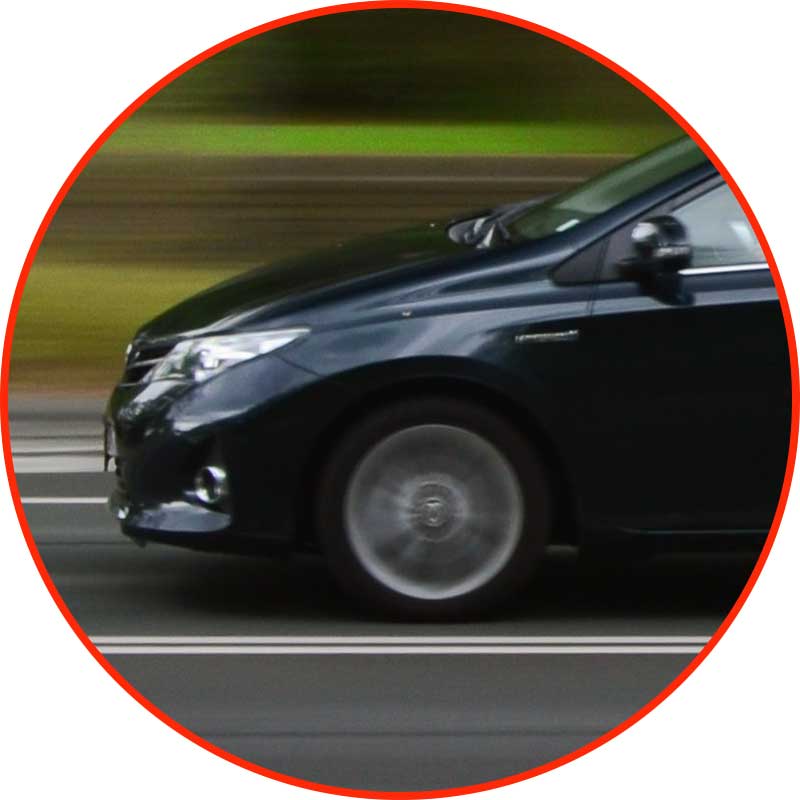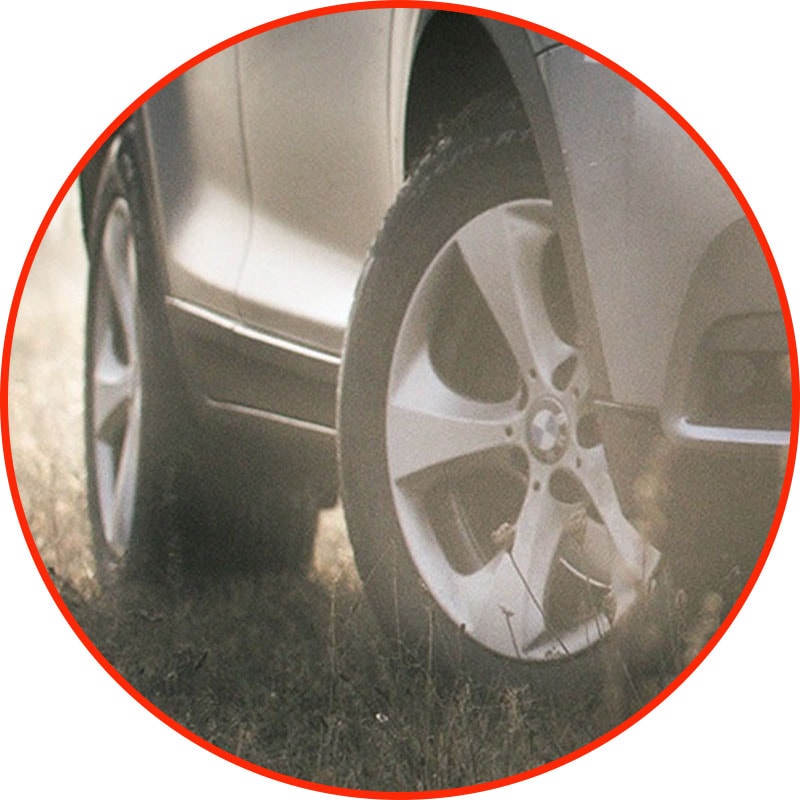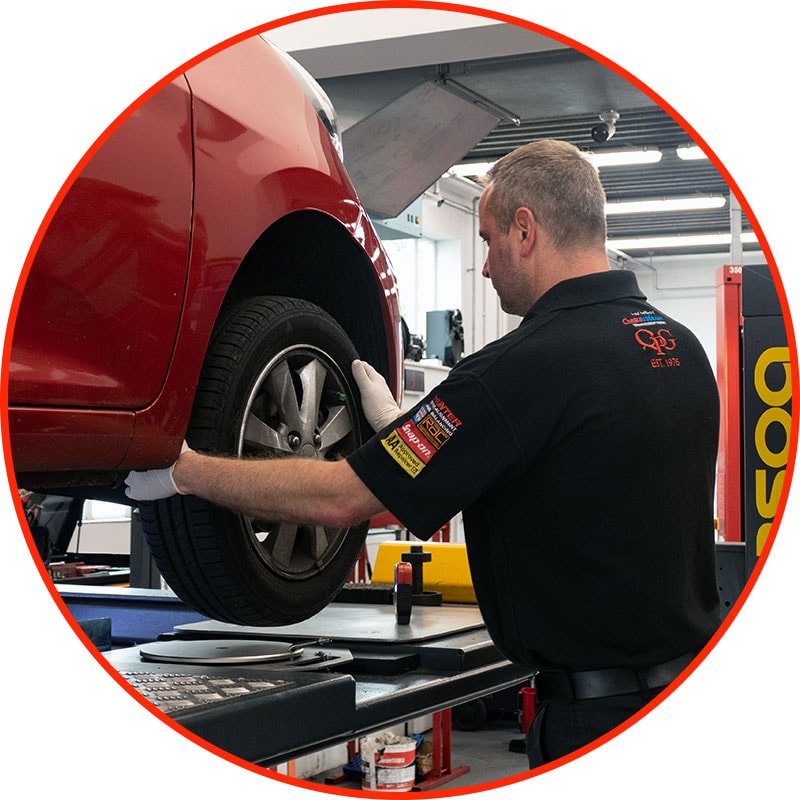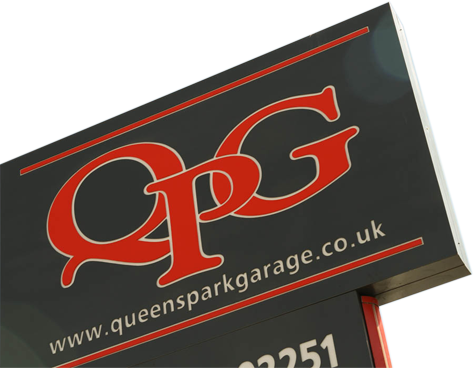Things That Affect Braking Distance
If you see a hazard ahead of you and need to brake suddenly, it can be quite difficult to gauge the distance, particularly in certain weather conditions. There are a number of different factors that affect how long it takes to stop after you brake. Understanding these better should help you drive more safely.
We asked our team at Queens Park Garage in Bournemouth to come up with their top considerations:
1. Speed
If you are driving faster, stepping on the brakes is going to take longer to bring you to a halt. On an average road, a speed of 75 mph means you won’t come to a stop for about 75 metres. If you are only driving at 30 miles an hour, you are likely to travel around 14 metres.
It’s not just the speed of your car that makes a difference. Your reaction time is also going to be important. The time between recognising a hazard and applying the breaks can vary depending on your awareness and ability. It can also be affected by how tired you are, if you’ve had a drink or whether there are any distractions.

2. Ground Conditions
The next thing that impacts braking distance is the condition of the ground. If the road is wet or icy, particularly in winter, it’s going to take much longer to stop. That’s why you need to moderate your speed and distance during adverse weather conditions, especially on fast roads like motorways.
That may mean, for example, slowing down to sixty on a motorway when visibility is low and there is a heavy downpour. Just because the speed limit is 70 doesn’t mean you have to keep to it all the time.

3. Brake Pads and Rotors
Car maintenance also plays a big factor in braking distance. If your brakes are squeaking when you press the pedal, it usually means that the pads have worn down and will need to be replaced. Inefficient brakes basically mean that you are likely to stop less quickly.
Brake rotors can also become damaged or cracked which will reduce their efficiency. These are the components that the pads press down as you brake and begin to stop. Any regular MOT or service will check the brake pads and rotors to make sure they are in good condition.

4. Tyres
Finally, the one other big factor is the state of your tyres. A strong tread means that your car will come to a halt more smoothly and quickly. Worn tyres can be a death trap and mean that you fail to stop in time when you brake. Even one slightly worn tyre might have a significant impact on your ability to brake in an emergency. Another issue is the amount of air in your tyres. You should check this regularly to make sure that they meet your car’s specs.

Giving your car a regular service and check over should ensure that you at least maintain your vehicle properly and the brakes are kept in tip-top condition.
If you have concerns that your car is currently not braking as well as it should and you live in the Bournemouth area, book yourself into Queen’s Park Garage today.






